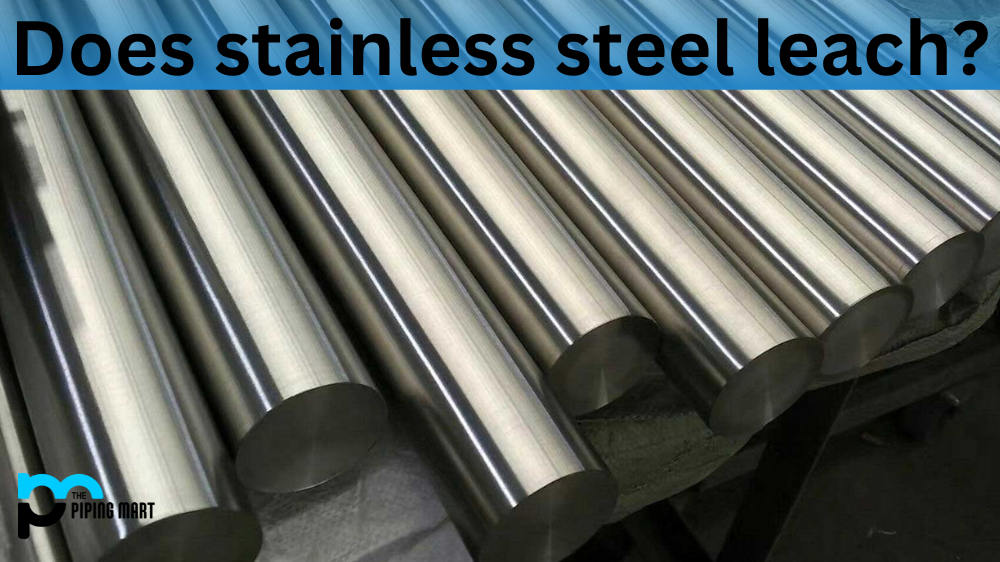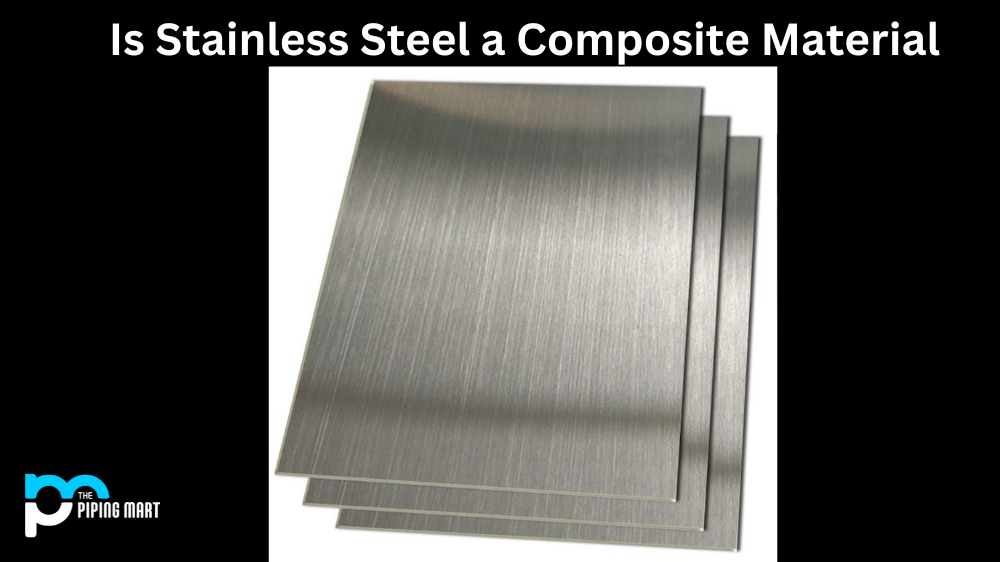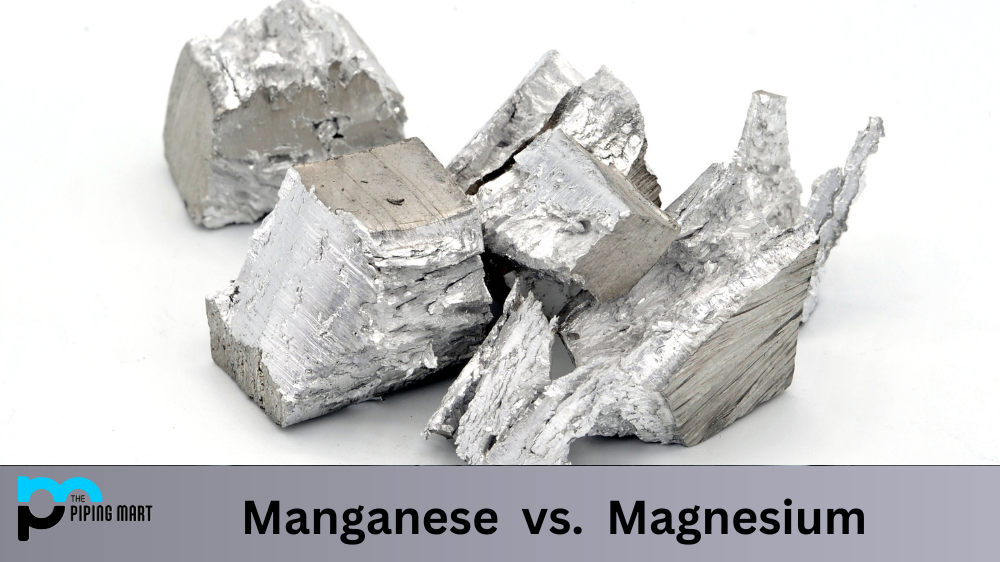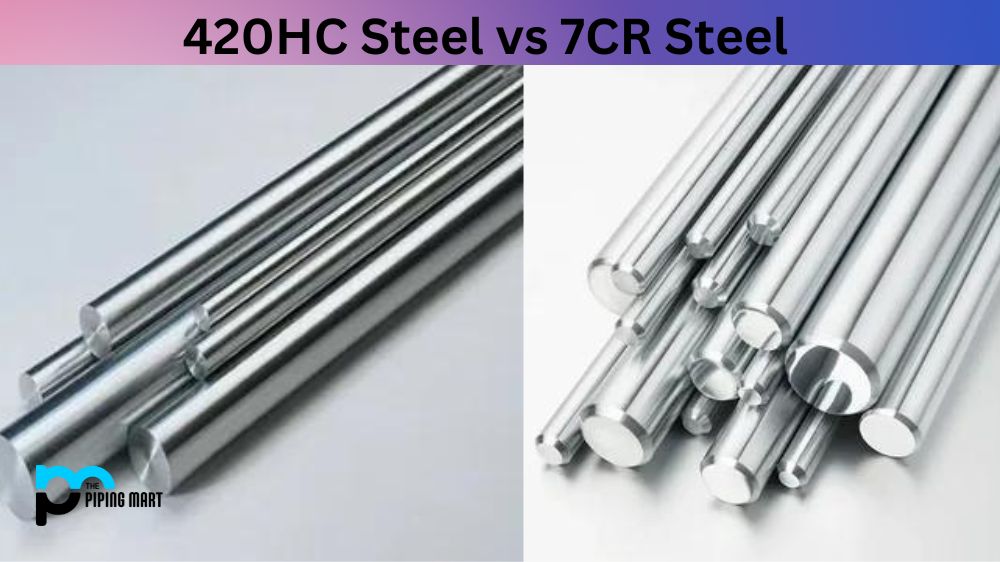Stainless steel is one of the most popular materials used in cookware and kitchen appliances. It’s strong, durable, easy to clean, and doesn’t rust. But what about leaching? Does stainless steel leach anything into your food? Let’s take a closer look at this important question.
What Is Leaching?
Leaching is the process by which certain elements are extracted from a material due to contact with water or other liquids. In this case, the element being extracted is nickel, which can be found in many stainless steel alloys. Nickel is a hard metal that is not essential for human growth or development, but it can cause skin irritation if handled too often or exposed to the skin for too long.
Does Stainless Steel Leach Nickel?
The answer to this question depends on the type of stainless steel you use and how it’s manufactured. Generally speaking, higher-grade stainless steel alloys contain less nickel than lower-grade alloys, so they are less likely to leach. The manufacturing process also plays an important role; some manufacturers use processes that reduce the amount of nickel in their alloys, while others do not.
Can Anything Be Done To Reduce Leaching?
You can reduce the risk of stainless steel leaching nickel into your food in several ways. One option is to choose cookware made of higher-grade stainless steel alloys that contain less nickel (304 grade is commonly recommended). You can also opt for cookware treated with a protective coating such as enamel or nonstick ceramic coatings to reduce the risk of leaching further. Finally, ensure you follow manufacturer instructions when cleaning and storing your cookware; improper use or storage could increase the risk of leaching.
Conclusion:
Stainless steel cookware and appliances are popular for a good reason—they’re strong, durable, easy to clean, and don’t rust easily—but does stainless steel leach anything into your food? The answer depends on multiple factors, including the type of alloy used and how it was manufactured. Generally speaking, higher-grade alloys contain less nickel than lower-grade ones, so they are less likely to leach metals into your food. Fortunately, there are ways you can reduce your risks, such as opting for higher-grade alloys or choosing cookware with protective coatings like enamel or nonstick ceramic coatings. By taking these steps, you can ensure that you get maximum safety and performance out of your stainless steel cookware!




